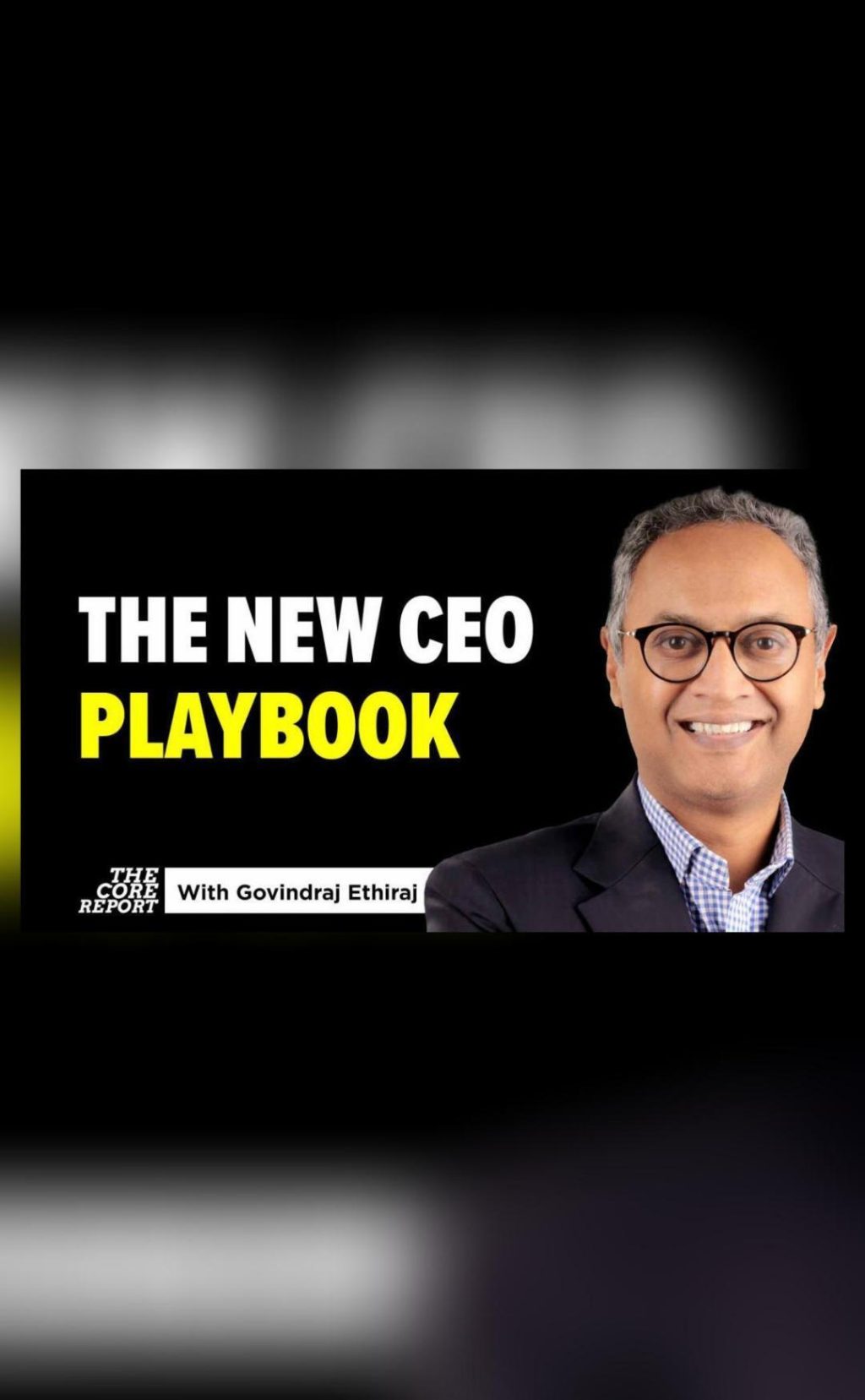
The New CEO Playbook: AI Pressures & Global Tariff Shocks
As the world becomes increasingly interconnected, global CEOs face unprecedented challenges in today’s business landscape. The rapid advancement of Artificial Intelligence (AI) is reshaping industries, while shifting trade policies and tariff shocks disrupt global trade. Amidst this uncertainty, business leaders must rethink their strategy and operations to stay ahead of the curve.
In this article, we’ll explore the pressures that CEOs are facing, the strategies they’re employing to adapt, and the implications for long-held business models.
The AI Revolution
AI is transforming industries at an unprecedented rate. From customer service to data analysis, AI-powered tools are automating tasks, increasing efficiency, and driving innovation. According to a McKinsey report, AI could potentially deliver up to $15.7 trillion in annual value by 2030. However, this rapid growth also brings significant challenges for CEOs, who must navigate the consequences of AI-driven disruption.
Internal Pressures: Automate or Innovate
The first pressure on CEOs is internal. As AI takes over routine tasks, companies must either automate or innovate to stay competitive. This means retraining employees, updating skills, and investing in new technologies. According to a PwC survey, 77% of CEOs believe that AI will have a significant impact on their industry, but only 25% have a clear strategy for tackling this change.
External Pressures: Shifting Trade Policies and Tariff Shocks
The second pressure on CEOs is external. Shifting trade policies and tariff shocks are disrupting global trade, making it increasingly difficult for companies to navigate the complexities of international commerce. The ongoing trade tensions between the US and China, for example, have led to a 25% tariff on over $200 billion worth of Chinese goods. This has forced companies to rethink their supply chains, find new suppliers, and adjust their pricing strategies.
The New CEO Playbook
So, what does this mean for CEOs? To stay ahead of the curve, they must adopt a new playbook that combines internal and external strategies. Here are some key takeaways:
- Localise and Adapt: Companies must be prepared to adapt to shifting trade policies and tariff shocks. This means localising supply chains, finding new suppliers, and adjusting pricing strategies.
- Invest in AI: CEOs must invest in AI-powered tools to automate tasks, increase efficiency, and drive innovation. This means retraining employees, updating skills, and investing in new technologies.
- Rethink Business Models: Long-held business models are being disrupted by AI and shifting trade policies. CEOs must be prepared to rethink their strategies and operations to stay competitive.
- Stay Agile: In today’s fast-paced business environment, CEOs must be prepared to pivot quickly in response to changing circumstances. This means staying agile, adaptable, and open to new opportunities.
- Foster a Culture of Innovation: Finally, CEOs must foster a culture of innovation within their organisations. This means encouraging experimentation, embracing failure, and rewarding creativity.
Case Studies
Several companies are already adapting to these new pressures. For example:
- General Electric: GE has invested heavily in AI-powered tools to automate tasks and drive innovation. The company has also localised its supply chain to reduce dependence on global trade.
- Nike: Nike has adjusted its pricing strategy in response to tariff shocks, increasing prices on certain products to offset the costs of tariffs.
- Amazon: Amazon has invested in AI-powered tools to improve customer service and drive innovation. The company has also expanded its presence in local markets to reduce dependence on global trade.
Conclusion
The new CEO playbook is all about adapting to AI pressures and global tariff shocks. By localising, adapting, investing in AI, rethinking business models, staying agile, and fostering a culture of innovation, CEOs can thrive in today’s fast-paced business environment. As the world becomes increasingly interconnected, business leaders must be prepared to pivot quickly in response to changing circumstances. With no guarantee of stability, companies are being pushed to localise, adapt, and reconsider long-held business models.
Source: https://youtu.be/0osLVVtj7tY






